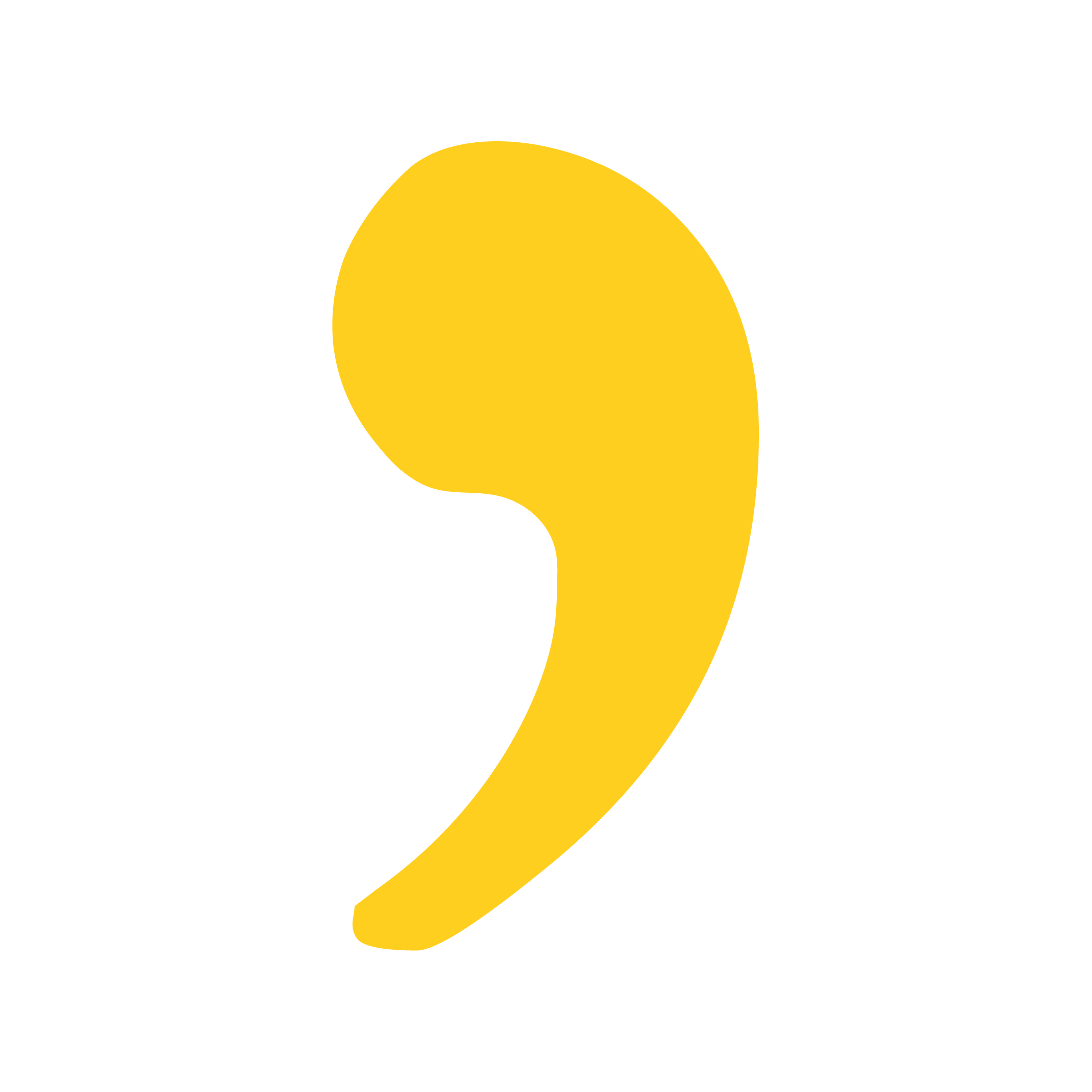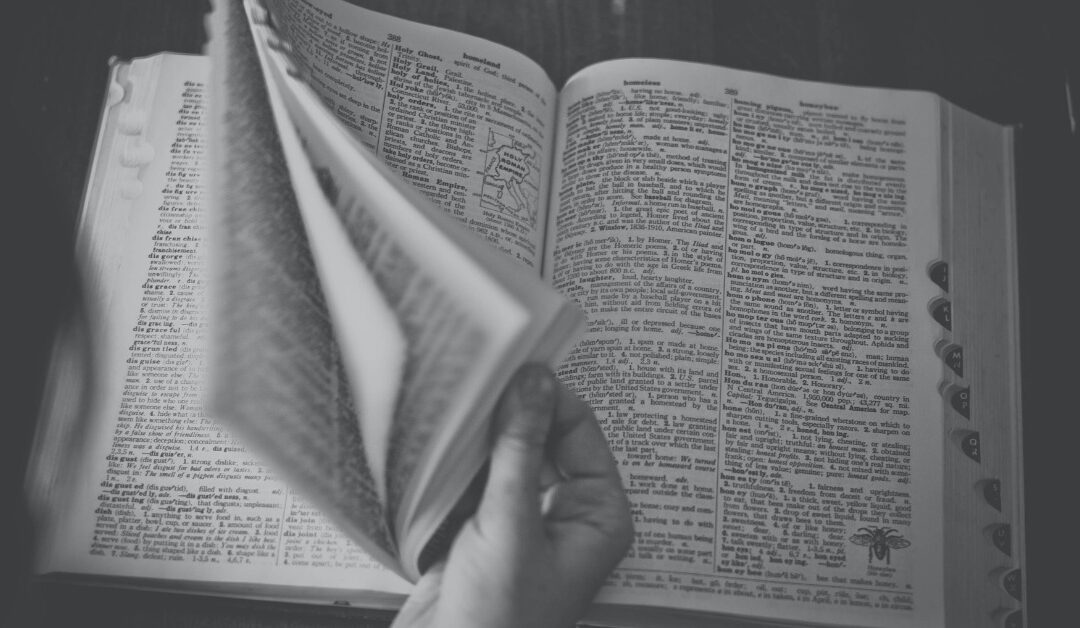Is it caramel or caramel? Pecan or pecan? Potato, potato? The ability to read those words as sounding differently in our heads points to the amazing truth that we are all able to adapt and appreciate a different perspective. (Even if the silly Brits pronounce everything wrong! ????)
Dialects and individual understanding make our culture rich. We could never grow and flourish if we were all the exact same, thinking and feeling and operating in the same exact way. In mental healthcare, it’s the same; we see things through different lenses. So how do we keep from things being too chaotic in the midst of all these allowed alternatives? How can we make sure we’re on the same page to address and treat patients?
The Diagnostic and Statistical Manual of Mental Disorders (DSM-5) is a living document meant to make all of this work. It’s living because it can change (and does change; this is the fifth iteration of the manual since 1952). Cited as the culmination of over 10 years of revision efforts by hundreds of experts from across the globe, the DSM-5 is the current authoritative volume that defines and classifies mental disorders in order to improve diagnoses, treatment, and research. As we grow and learn more about ourselves and others, the DSM allows these discoveries to be documented and utilized in treating patients.
So is it tomato or tomato? Who’s more right? We all are. As the world continues to change, so do our behaviors and thought processes. These alter our perception of reality, so delegating specific language and definitions to make sense of our experiences helps us to properly address, communicate about, and treat mental disorders in all of their nuance and complexities.
How can we really grow and change and improve our collective mental health if we are still utilizing the language and understanding of psychiatrists from 75 years ago? The DSM is the flawed but necessary tool to help “herd cats” towards a common understanding of mental and emotional health. To be able to classify, both broadly and specifically, diverse mental health disorders and their varying treatments, is critical to reintegrating mental health into our modern lifestyle.
Is the DSM-5 perfect? Absolutely not. In fact, there is a new edition currently in the works. As we evolve and change, we need a living document to evolve and change with us. How could we find healing for all if we don’t adapt and change and learn from the newest discoveries in mental health research?
Potato, potato; tomato, tomato. No matter how you say it, the meaning remains the same. And The DSM is available to all so we can enjoy the same clarity whenever it comes to navigating mental health and treatment. Together, united, we are better. The DSM is one step along the journey to integrating mindfulness into all that we do. Learn more at the American Psychiatric Association’s website.
Find us wherever you are.


Recent Comments